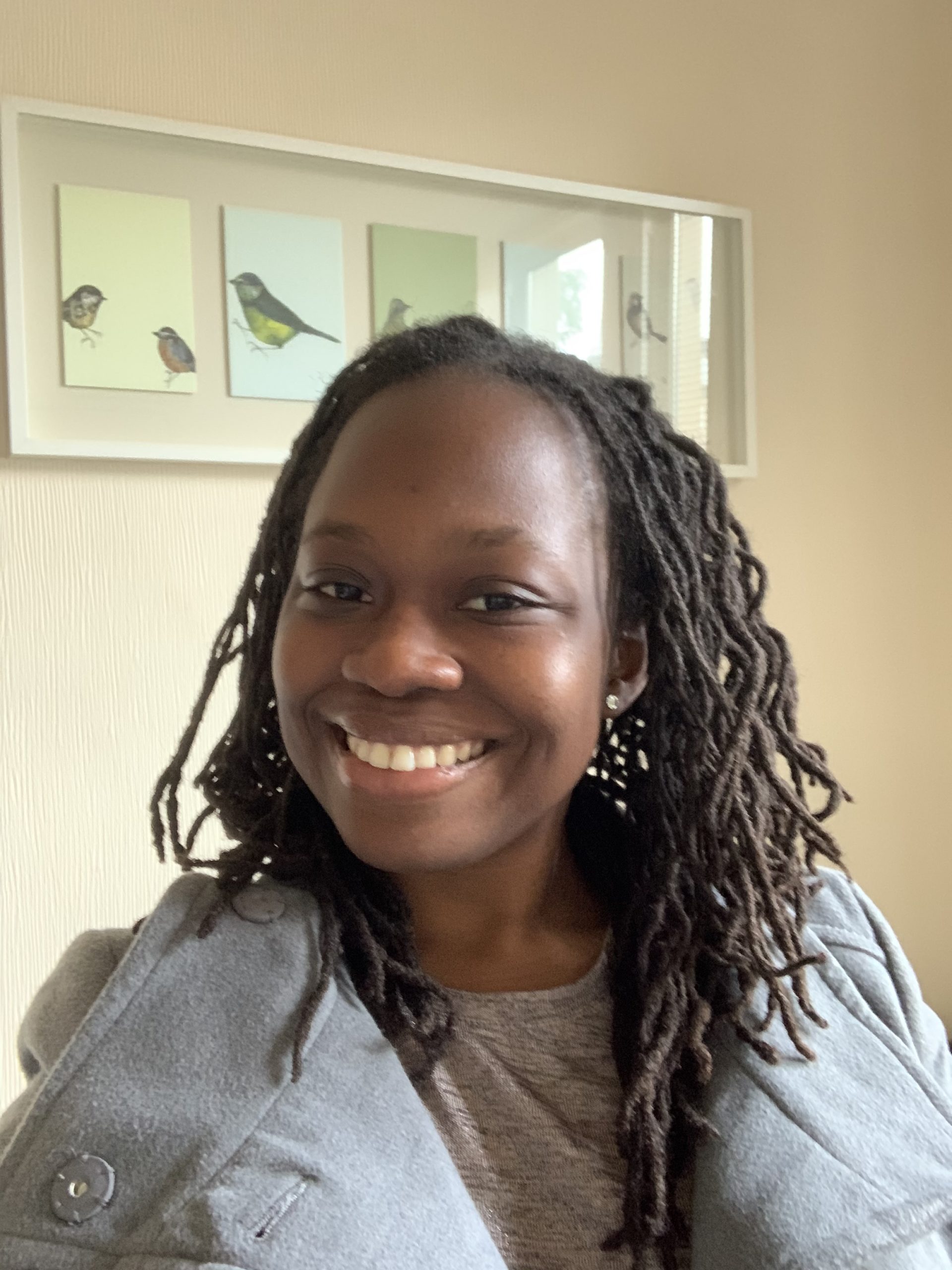Diekara Oloruntoba-Oju, alumna

It’s BHM this month – which aspect of Black history, be it a person, event or movement, would you like people to learn about this year?
The #ENDSARS movement in Nigeria. Young Nigerians are making history now.
Who are your BME role models and why?
The friends I made here – One Pusumane, Cobi Akinrele, Sibongile Zulu, Rachel Sittoni, Lyn Kouadio, and Gerald Arhin
My Nigerian host family in Northamptonshire – The Osehs – who took me in throughout the Covid lockdown months in the UK
Because I am increasingly convinced that it is important to recognise the heroism in the everyday presence of friends and family. They are my BME role models because of how effortlessly they showed up every day to breathe life into friendship and support.
What would racial equality look like to you?
A radically different world from how we know it now. It would mean free flows of movement and access that centers lives (not capital) and allows dynamic conviviality between them. Achille Mbembe defines power as the capacity to control space and decide through space and boundaries, who is “disposable” from who is not. Racial equality would mean that the category of the disposables is altogether undone. It would go with undoing other forms of inequality; classed, gendered, and so on, that mark the boundaries of disposability.
What have you gone on to do since graduation?
I started a doctoral programme in department of African and American Studies with a primary field in Anthropology at Harvard University.
What’s your abiding memory of Trinity Hall?
The great conversations at the few Hall dinners I attended (in spite of how ridiculous we all looked in those gowns).
Why did you choose to study your subject?
I chose my subject because I am interested in questions of youth textuality, intimacy and embodiment in Nigeria and my course offered a conceptual and methodological lens into Africa-focused social theory.
What advice would you give your younger self?
Breathe.